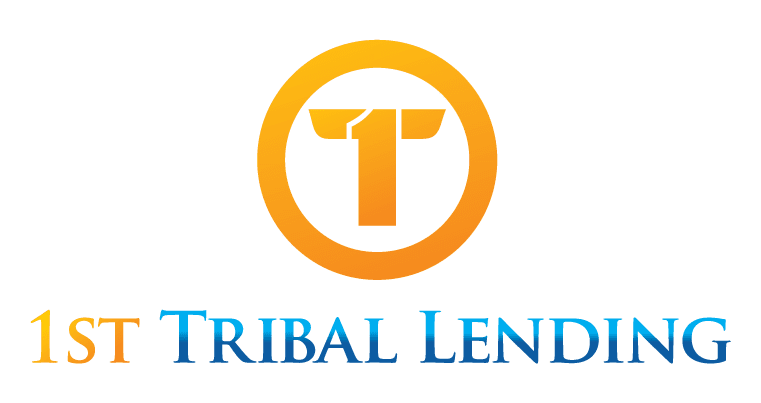Before HUD Section 184, Native American families and tribes faced an uphill battle when seeking to borrow the necessary funding to purchase or improve their homes due to the inability to mortgage many pieces of tribal land. The Department of Housing and Urban Development created a loan, HUD 184, which can help Native Americans, obtain the funds necessary to improve or purchase a home.
If the tribe decides that HUD 184 is something that they want to make available to their members, there are certain steps that they will need to take. The tribe must demonstrate that they currently have an internal legal and administrative framework to support their tribe members and ensure that their part of the contract is fulfilled.
HUD 184 Guaranteed Loan–First Lien Priority
Tribes must have a law that ensures the satisfaction of the HUD loan before other obligations. The only thing that takes priority over the repaying of the HUD loan is any tribal leasehold taxes. If tribes do not have have an internal law, then HUD 184 loans would not be completed on their lands. They must have the MOU (Memorandum of Understanding) with HUD and give HUD permission for federal loans to be done on their tribal lands. Any bank will tell you that you cannot put a 184 loan on tribal lands without the MOU, which will also have the correct foreclosure and eviction agreements that are needed.
Loan Enforcement
Although it is almost impossible to know if every tribe in the United States has a tribal court, most tribes that deal with the government and the HUD 184 loans has a court. HUD will usually deal directly with the tribal government if the borrower does not uphold their contract. Also, because the tribe has the first right of refusal, which means that HUD will alert the tribe about the property, they have the right to either take over the loan, help find someone assume it, or say they don’t want anything to do with the property. In the last case, it is up to the federal government to deal with the problem of the loan.
Leasing Restricted Land
In order to seek a tribal loan through HUD 184, tribal members must have the right to mortgage the land. Tribes can help members without allotments by assigning portions of the restricted tribal land to the tribe members. The tribe will need to file a written lease with the BIA. Once the lease has been filed and approved, the tribe member can then apply for the loan. While the loan is in effect, the lease cannot be reversed or terminated.
Grant HUD/Lender Access to Private Land for Servicing Property
HUD or any lender must be granted permission to access the land in order to service the property that the mortgage will be on.
Coordinator of Loan
While not necessary, tribes may elect to help their members with the application process. They can assist tribe members in filling out their loan application. If tribes do not have the funds or man power to walk their members through the process, 1st Tribal Lending’s staff can take on that responsibility.
Loan and Home Owning Education
The tribe can ensure that the individuals seeking home loan receives formal or informal pre-purchase and post-closing counseling. It is recommended that the counseling session or sessions provide information on the basics of home ownership, loans, and home maintenance. The key is to give your members the best chance to successfully repay their loan.
Foreclosure & Eviction Procedures
The tribe must have or create foreclosure or eviction procedures in the event that the mortgage has not been paid for at least 3 months or another portion of the mortgage is not fulfilled. HUD or the private lender must be granted the right to take possession of the property. And eviction procedures must be set in place. A tribal, state, local, or national court can be used for the legislative action.
File Information
In order for a tribe to become eligible for tribal lending, the tribe should mail paperwork that proves that internal legal and administrative framework has been developed. You can find more information on exactly what paperwork should be mailed here. The information can be mailed to this address:
Office of Loan Guarantee, Attn: Director
National Office of Native American Programs
US Department of Housing and Urban Development
471 7th Street SW, Room 5143
Washington, D.C. 20410
HUD home loans are a great opportunity, but it is vital to all involved to take steps to ensure that the loan is repaid and the property protected. The tribes have their own part to play in this process. If there are any questions about the tribe’s responsibility in tribal lending, feel free to email us or leave a comment below.

